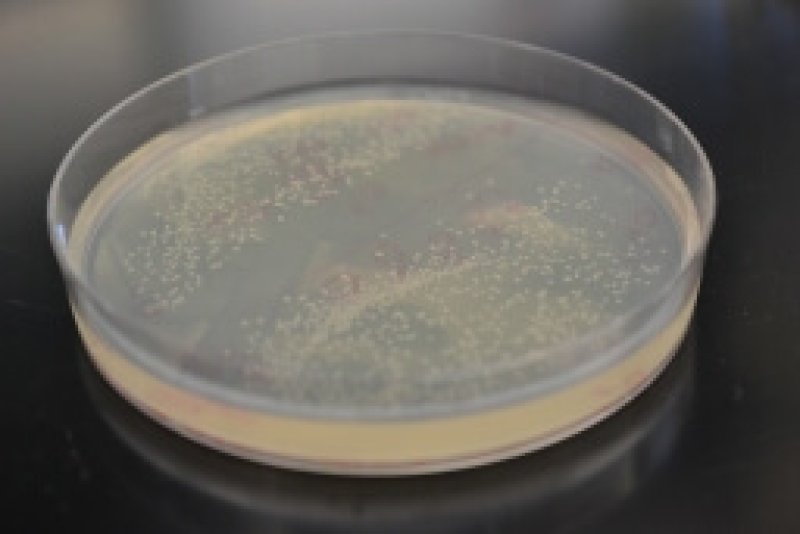Researchers at UCLA have opened a path to cheaper and cleaner biofuels by using genetic engineering to fundamentally change how certain organisms process sugar.
Conventional biofuels are either too expensive to compete with fossil fuels or they release so much carbon dioxide that they’re hardly worth making—or both.
The UCLA advance, which increases the amount of biofuel that can be made from sugar by 50 percent, could make it cheaper to produce biofuels from a variety of sources, especially biomass such as wood chips and grass. The U.S. biofuels industry is in desperate need of such advances—even though Congress has mandated that a certain amount of biofuel from biomass be blended with gasoline, high costs and other factors have limited production, leading the EPA to repeatedly waive the requirement.
Read the full, original story here: “Genetically Modified Bacteria Produce 50 Percent More Fuel”
Additional Resources:































